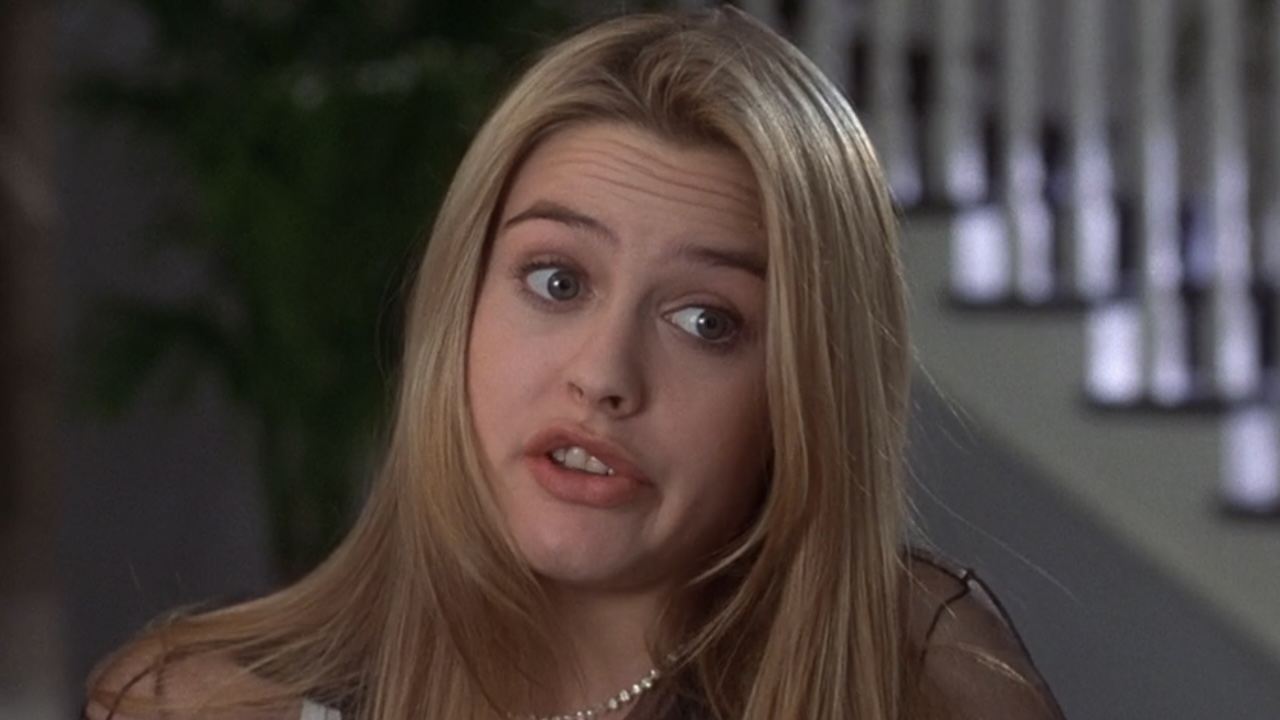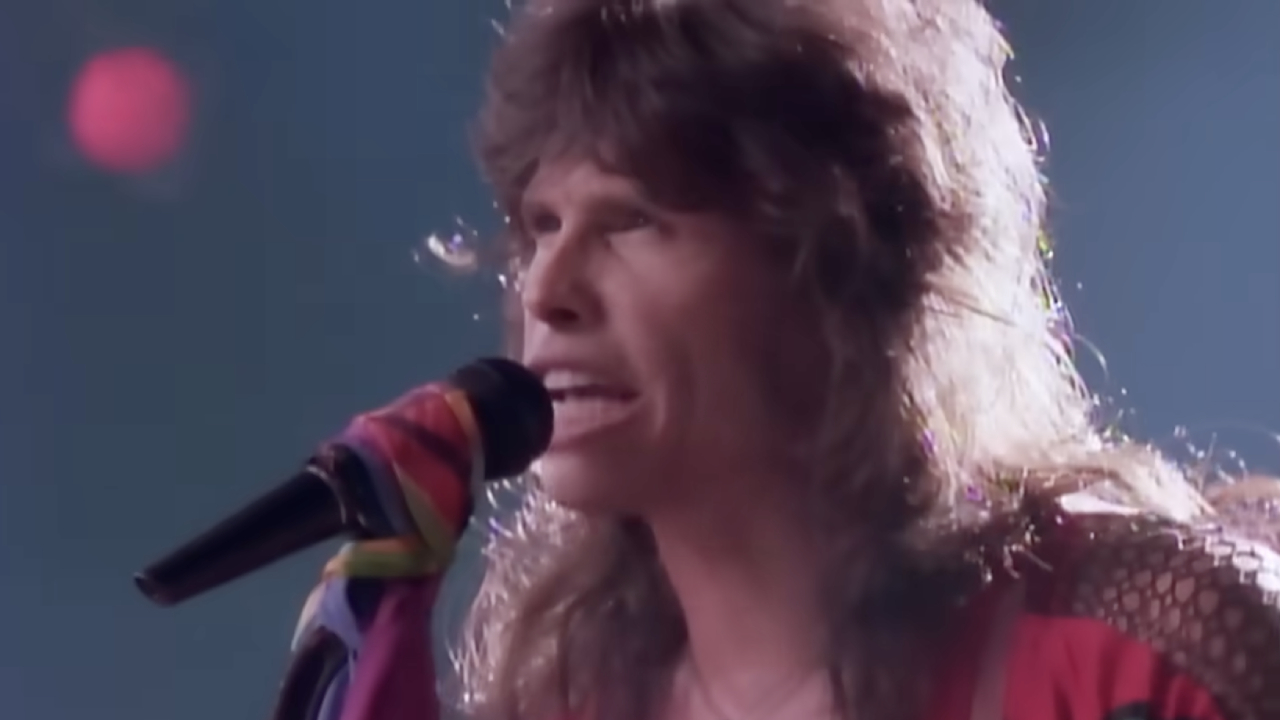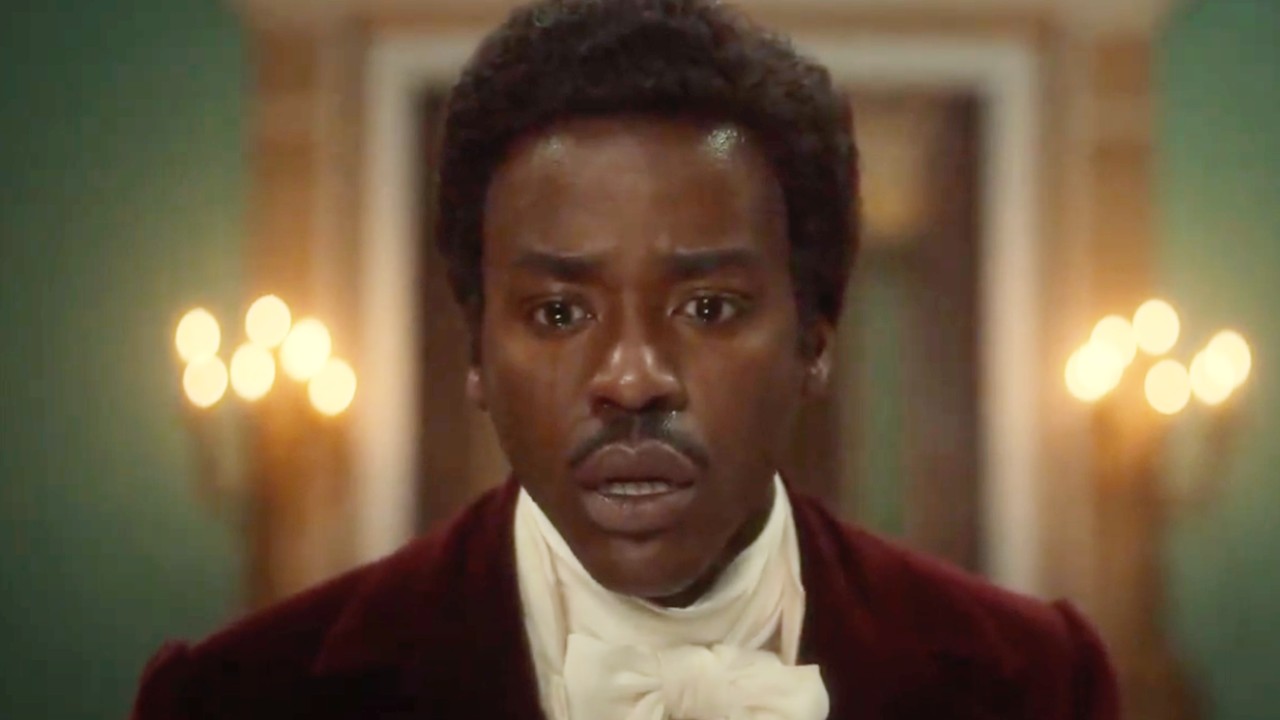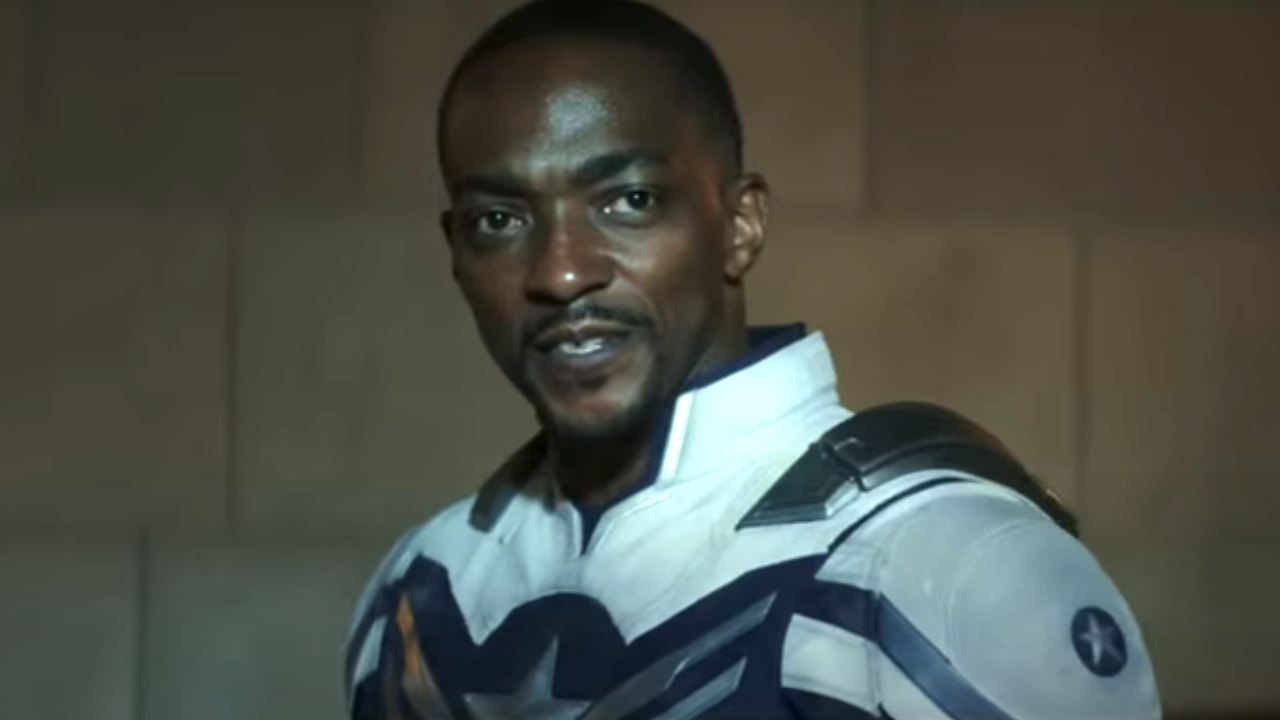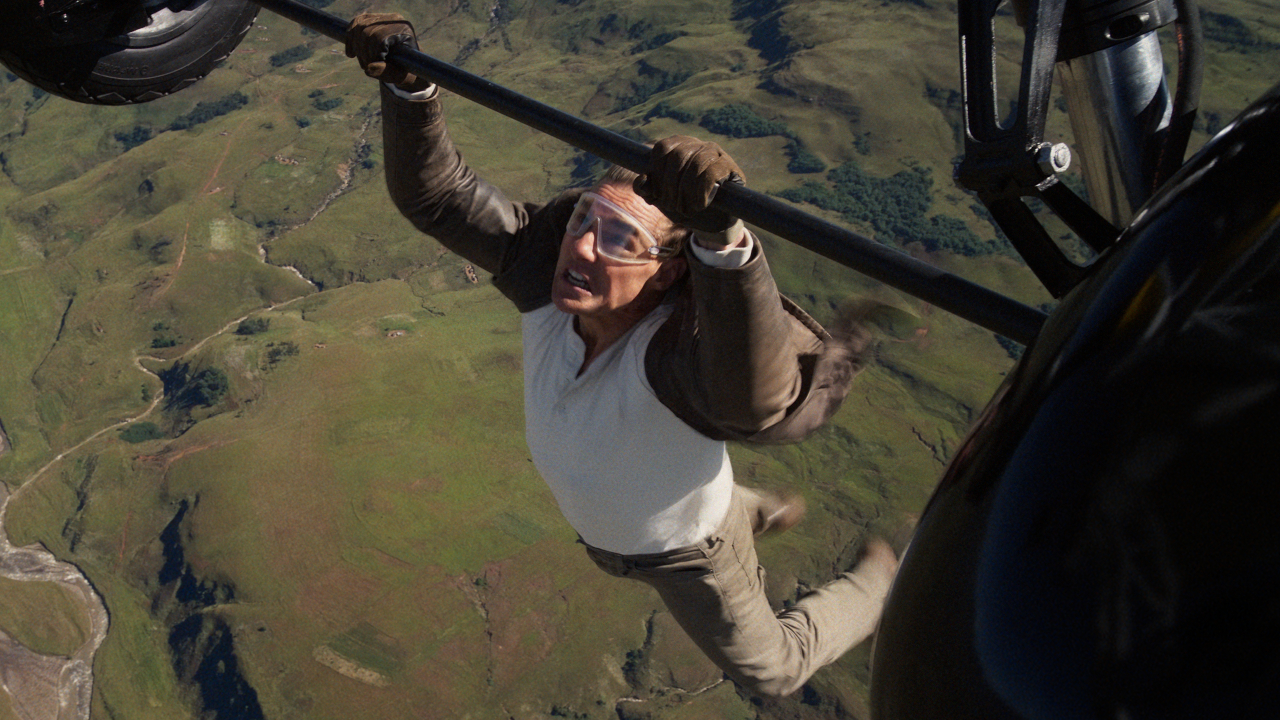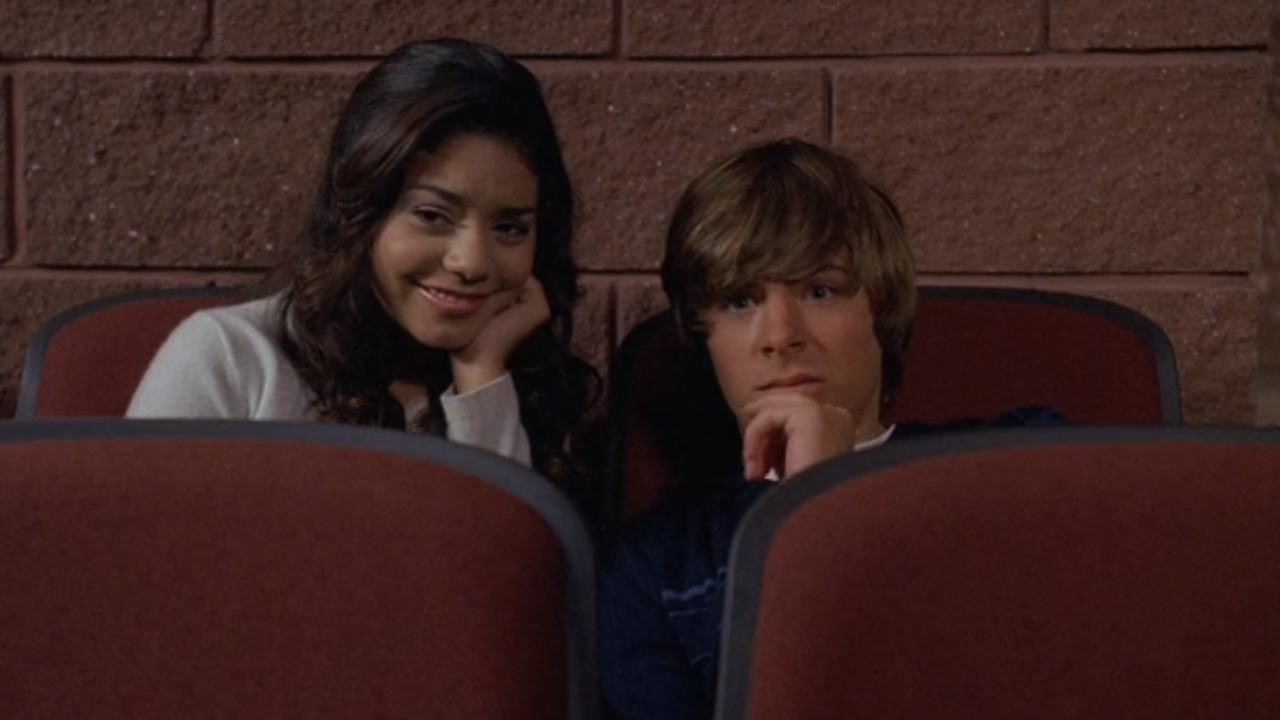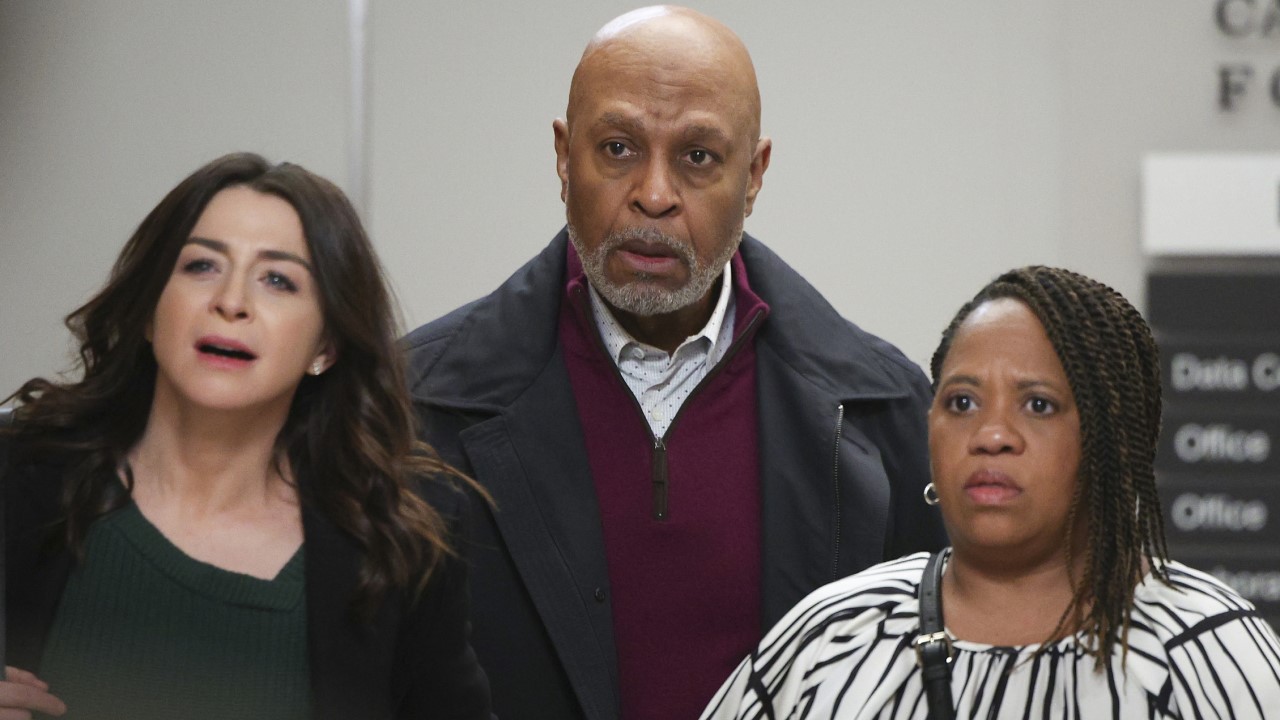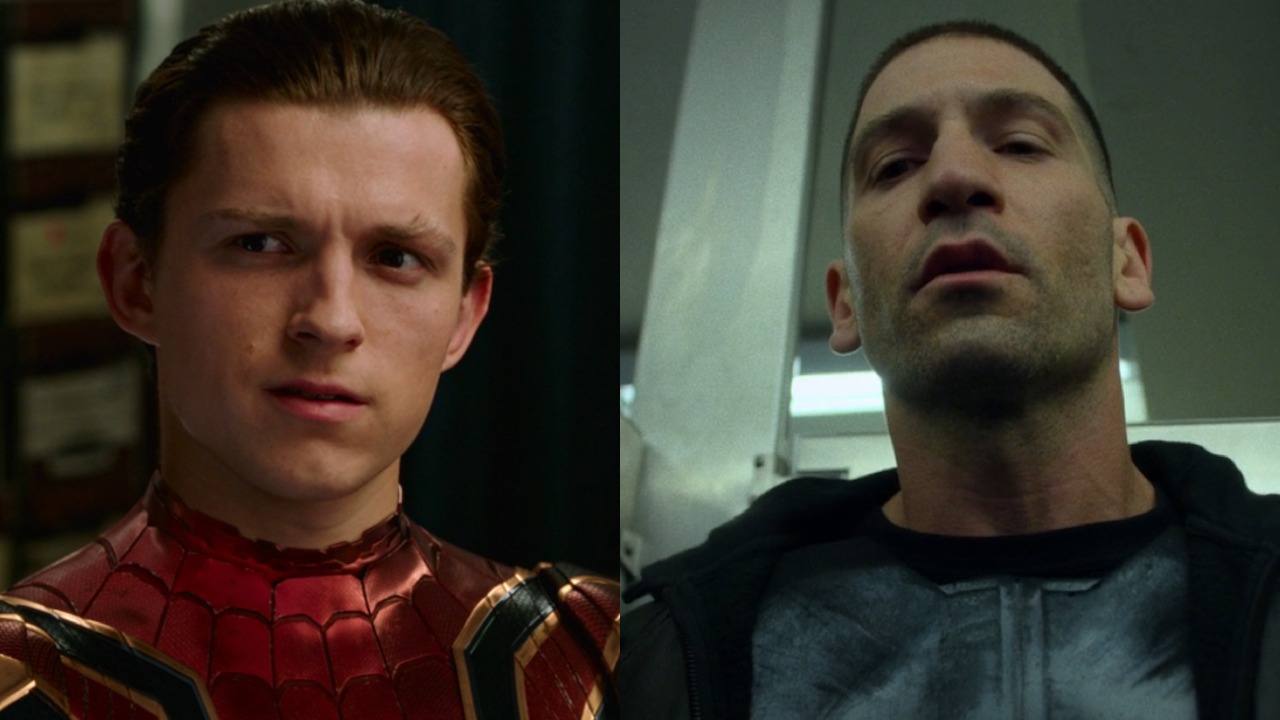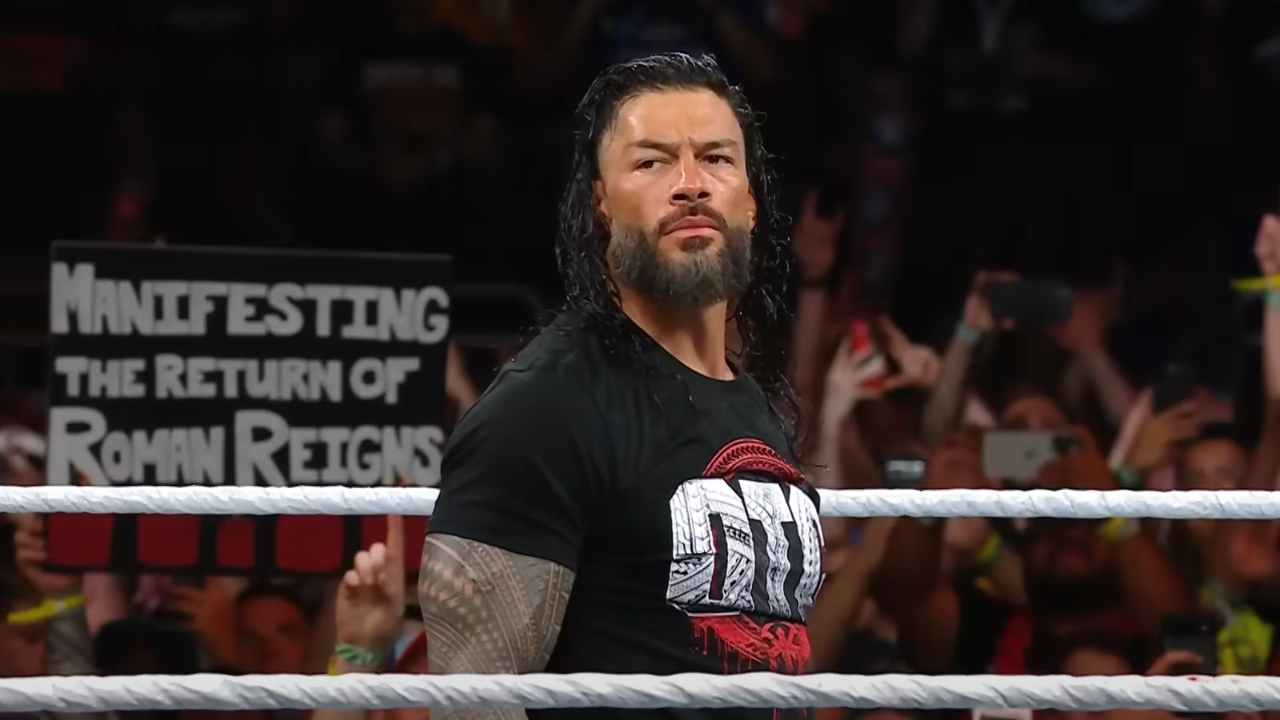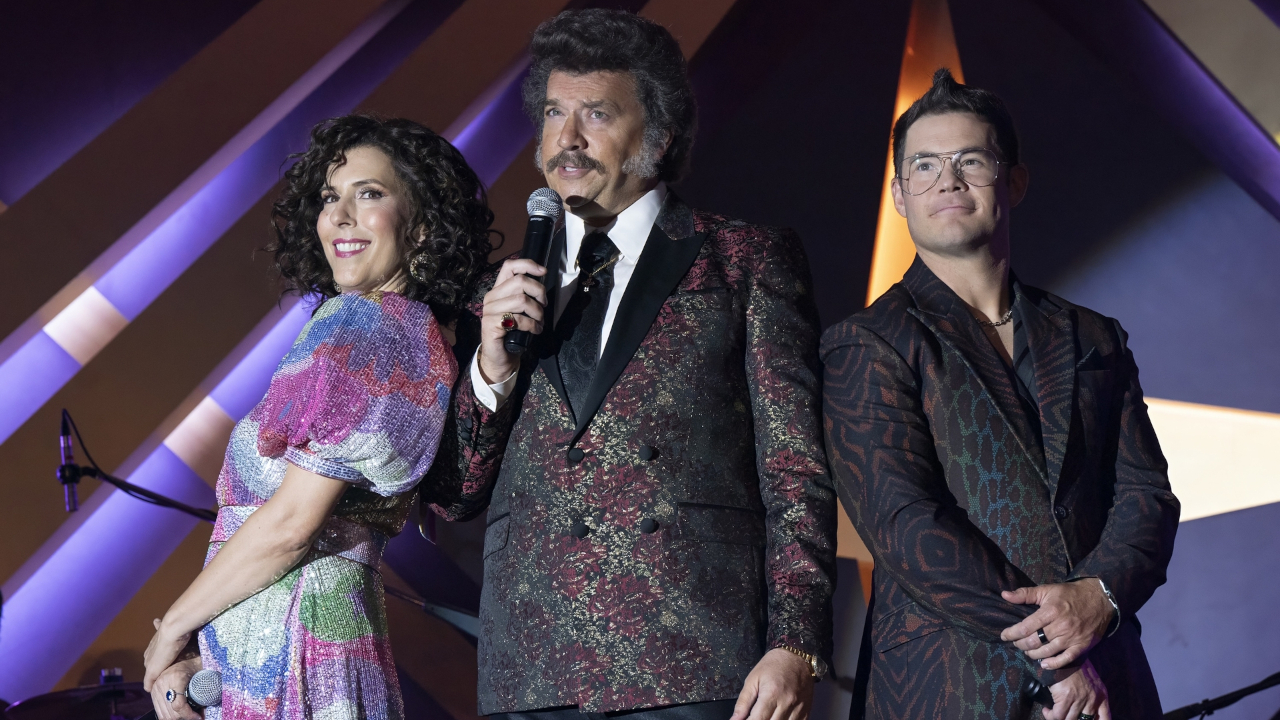How S.W.A.T. Recreated The Los Angeles Riots Despite COVID Restrictions In Season 4 Premiere
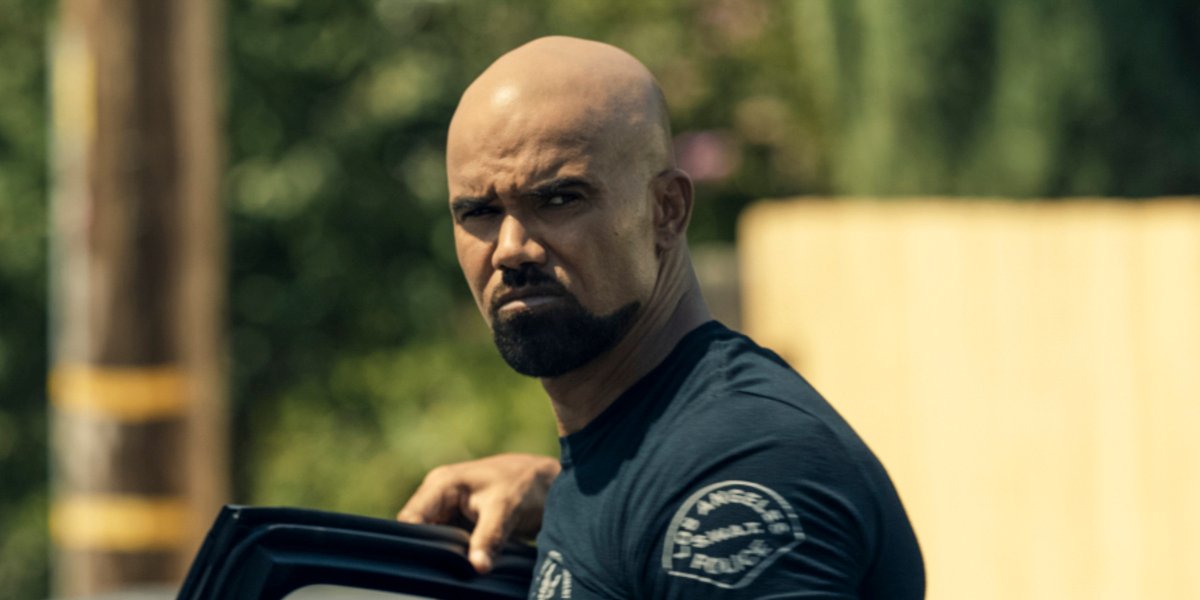
Spoilers ahead for the Season 4 premiere of S.W.A.T. on CBS, called "3 Seventeen Year Olds."
S.W.A.T. finally returned from its long hiatus to deliver the episode that was originally intended as the Season 3 finale. Pushed to air as the Season 4 premiere, "3 Seventeen Year Olds" saw Hondo, Daniel Sr., and Darryl confront the history of racial tension in Los Angeles in light of the anniversary of the 1992 Rodney King riots.
Part of the episode followed a teenage Hondo and his dad back in '92, complete with flashbacks to the riots, and it definitely didn't look like it was filmed under COVID social distancing protocols circa 2020. S.W.A.T. executive producer Aaron Rahsaan Thomas explained to TVLine how the show pulled it off.
Fortunately and unfortunately there are ample examples to pull from when we’re talking about civil unrest and uprisings in the history of Los Angeles. There’s a lot to pull from both current day and from 1992 that allows us to supplement the look of our episode. So, what we’ve done, with the help of our director/producer Billy Gierhart, is to in essence maximize our establishing shots based on the stock footage that we were able to get from archives, and then supplement that when we go in to shoot our people on the ground. Normally, if you can sell an audience on the scope of the event from the master shots then you tend to believe and be willing to go with that belief once you go in close. In close, we don’t have nearly that many extras that we can or should use, but hopefully your mind is in the space that we actually are in that environment.
As it turns out, the key to recreating the 1992 Los Angeles riots despite pandemic restrictions was in S.W.A.T. not actually producing all the footage needed to set the stage. As Aaron Rahsaan Thomas noted, the unfortunate history of unrest and uprisings in Los Angeles meant that S.W.A.T. had plenty of archival footage to supplement the new footage, which at least meant that the show could recreate the atmosphere of the riots for the Season 4 premiere without putting any actors or extras at unnecessary risk with the pandemic.
Of course, S.W.A.T. didn't recreate the riots for the sake of spectacle, but rather to tell an emotional story and provide more context to the state of Hondo's relationship with his dad. The stock footage established the scale of the riots while the more intimate scenes added a sense of urgency and danger for Hondo and his dad, so the focus could be on the characters rather than the overall violence.
The scenes set in 1992 showed Hondo revealing his game-changing decision to join the Marines to his dad, who had been pushing Hondo to try for a football scholarship to college. Hondo ultimately confessed to his dad in the present that part of that decision had been to try and hurt his father. For his part, Daniel Sr. was reliving more than just the 1992 riots throughout the Season 4 premiere.
Daniel lived through the Watts riots of 1965 nearly three decades before the Rodney King riots, and his perspective couldn't have been much more different from Darryl's, who was at least hopeful that things had changed for the better. Hondo tried to set an optimistic example for Darryl, while Daniel kept reminding him of the cycle of violence that seems to keep repeating in Los Angeles.
CINEMABLEND NEWSLETTER
Your Daily Blend of Entertainment News
The ending with the three generations of men in front of the mural honoring George Floyd and Breonna Taylor was both somber and powerful. According to star and producer Shemar Moore, the end of the episode won't be the end of S.W.A.T.'s takes on racial injustice and the perception of police.
See what happens next for Hondo and the rest of the team with new episodes of S.W.A.T. on Wednesdays at 10 p.m. ET on CBS. For more of what you can watch now and in the coming weeks, check out our 2020 fall TV premiere schedule.
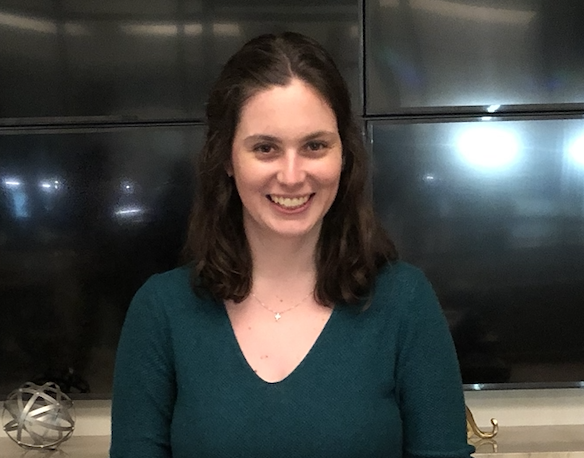
Laura turned a lifelong love of television into a valid reason to write and think about TV on a daily basis. She's not a doctor, lawyer, or detective, but watches a lot of them in primetime. CinemaBlend's resident expert and interviewer for One Chicago, the galaxy far, far away, and a variety of other primetime television. Will not time travel and can cite multiple TV shows to explain why. She does, however, want to believe that she can sneak references to The X-Files into daily conversation (and author bios).
